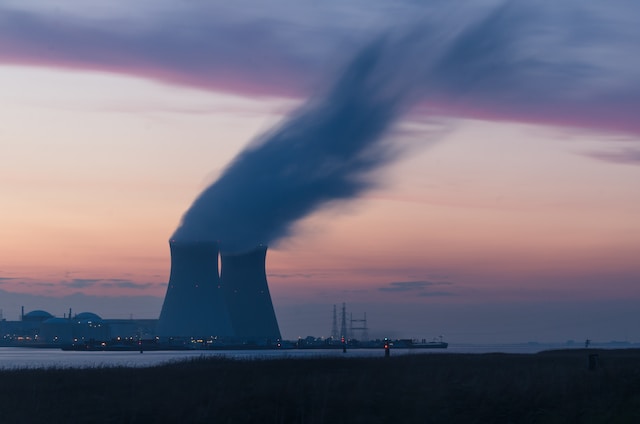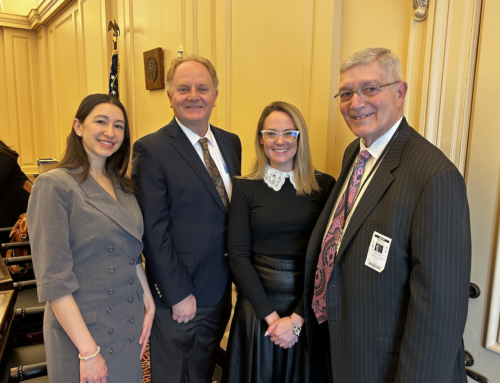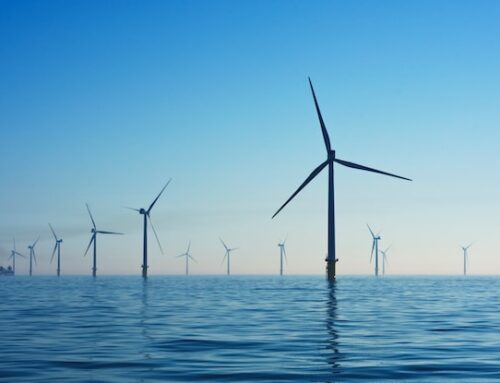What’s Going On With Nuclear Energy?
First, let’s get some vocab down (and yes, there will be a quiz at the end).
Nuclear energy: electricity produced from nuclear reactions like nuclear fission and nuclear decay
Net zero: an attempt to undo or reverse greenhouse gases produced by human activity
Net Zero Nuclear initiative: a collaboration of various governments and nuclear companies across the globe working to increase nuclear energy to become carbon neutral by 2050
Now that we have some of the more important terminology down, let’s take a look at what headlines have been talking about. At the end of September, over a dozen countries met in Paris to discuss, among other things, the need to not only include nuclear in the plan to meet carbon neutral targets but to increase its production globally.
Nuclear tends to get a bad rep, especially here in the US. Ask almost anyone driving West on 422 past King of Prussia, and they’ll be able to describe the massive clouds across the skyline coming from the Limerick power plant (don’t mention the reactors vs towers debate).
Those clouds, while typically white and fluffy, still leave an ominous taste in one’s mouth, considering most probably don’t know that nuclear energy production is “cleaner” than most assume. Enter the “Roadmaps to New Nuclear”, a two-day conference trying to have nuclear energy not just registered as clean, but to attempt to rid nuclear energy’s bad reputation.
Unfortunately, nuclear energy tends to find itself in the crossfire of politics; this has been the case since the 1970s. Ironically, even though Democratic President Carter pushed for more nuclear energy, many liberals of today attempt to undo the right’s attempts to increase nuclear energy. Because of this, many bills and efforts focusing on nuclear energy get nixed with the ebb and flow of American politics.
Luckily, attitudes across the board are changing, as is the misguided idea that nuclear energy isn’t cost-efficient. While there are other factors still up for debate, one thing is for certain: all sides agreed that major changes need to happen by the 2050 deadline.
By Michelle
Sources: NEA







Leave A Comment